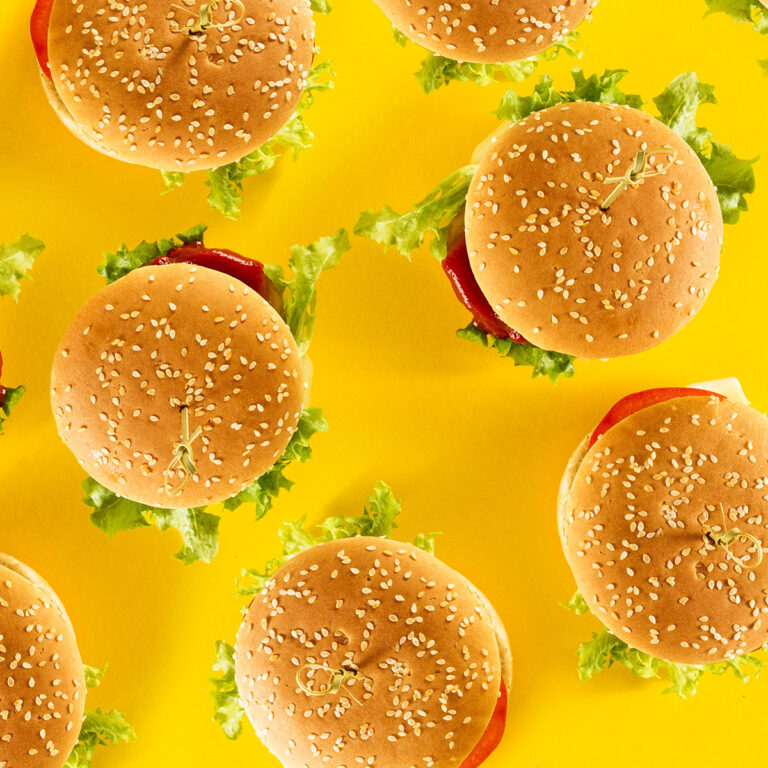Nick Giles, Head of Hospitality New Zealand at LINK Business Brokers, has spent the last few challenging years trying to navigate the turbulent waves of the hospitality market. Now that the world is moving again, the reality of the industry’s recent past & revived present is becoming much easier to understand. The question is, how bad is it really?
Turns out, things aren’t as grim as they may seem, according to Nick. “The strong rebound in revenue that the hospitality industry is seeing at the moment highlights that the long term damage to the sector isn’t as severe as we all feared,” he says.
Of course, we saw a drop in revenue across the country for restaurants, cafes and bars in 2020. But what should be acknowledged and celebrated is the bounce back that we saw even in 2021- the following year after the worst of the pandemic restrictions and impacts. As people thirsted for normality and craved to simply get on with their lives, the hospitality industry reaped the rewards, leading to a 14.3% growth/bounce back in revenue during 2021 alone, according to the Restaurant Association’s annual report.
The aforementioned report backs this up with pleasantly surprising data. Prior to COVID, New Zealand’s hospitality sector was a $12bn industry. It dipped to $10bn in 2020 but now, it sits at over $13bn, reflecting the strength of the industry even through its struggles. The report forecasts the industry to grow towards $15bn within the next few years, even with recesion in mind.
So, why does the hospitality industry have such a bad rap? The COVID period was undoubtedly scary and uncertain, but the media was committed to reporting negativity around the hospitality industry, which only stirred up unneccessary panic around the sector’s fate. “The reality is, humans are pretty tough creatures! Hospitality owners found new and interesting ways to adapt in order to keep the doors open; and they did it superbly well,” says Nick.
Just as the industry got accustomed to the new normal and doom & gloom stories slowed, fresh challenges came to light. One of the biggest (and most genuine) reasons for the industry’s pain can be credited to the lack of student and transient workers arriving from overseas due to travel restrictions. Deemed by Nick as the backbone of the hospitality industry, suddenly, travelling baristas and bartenders were far and few between, leading to chronic staff undersupply and the inevitable rise in wage rates.
Major cost increases in other areas have had serious impacts. However, like always, the economy will come back into balance. This time around, hospitality business owners are better prepared and have been adjusting menu pricing to meet the worst of the challenges.
“There is a real buzz about the sector. It’s hard to get reservations in restaurants and, when pushed, most owners report increased ‘top line’ figures,” says Nick, “more and more restaurants, cafes and bars continue to open which is a great indicator of the industry’s status,” Giles says. “Businesses close too of course, but that’s nothing new. Around 2,000 hospitality businesses close naturally each year.”
“Recession is one of those words that scares people and that’s understandable,” Giles says, “but a correction to the economy is needed and will simply happen. People need that little break from normality and, whilst they may not buy a new car or go to Bali so much, it’s very hard for people to give up that eggs bene and flat white on the weekend.”
In a world full of uncertainty, one thing remains clear: the hospitality industry is undeniably resilient!
The hospitality industry has always been a dynamic and fun sector and the future looks bright. Why not join the buzz? There are tonnes of excellent cafes, restaurants & bars for sale on LINK’s website. Get in touch with Nick Giles today to chat about your next business venture.

